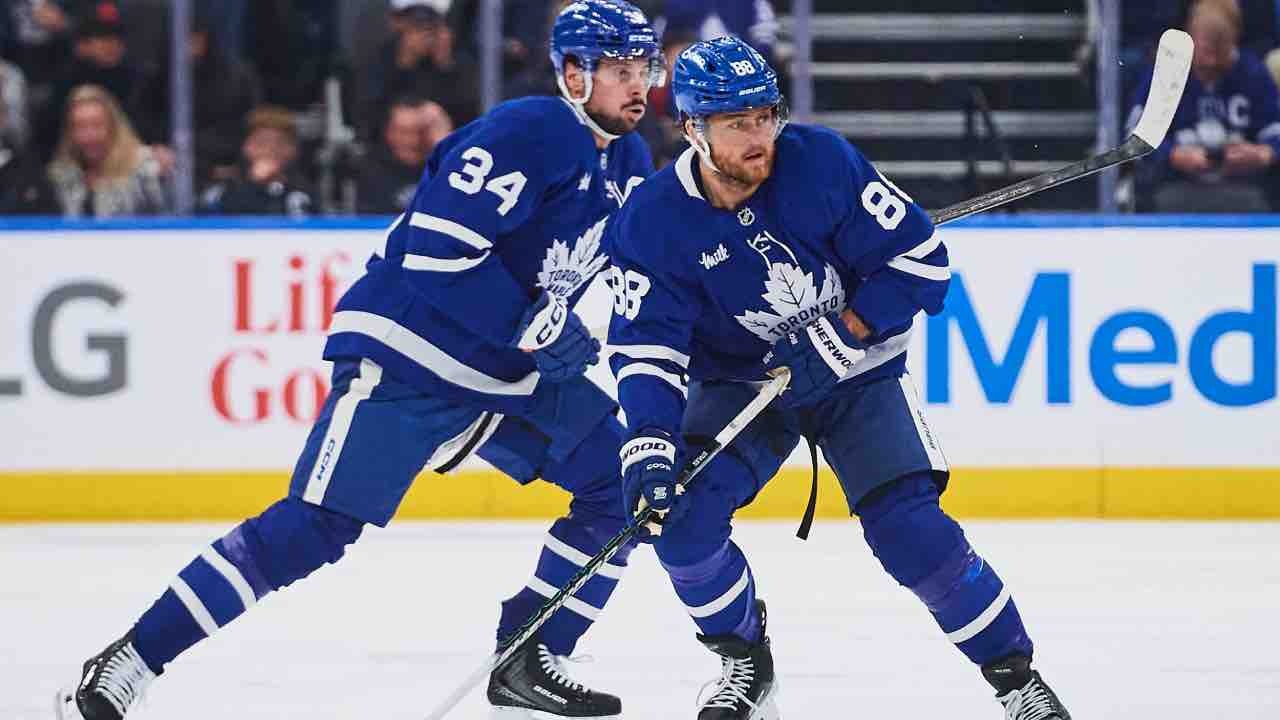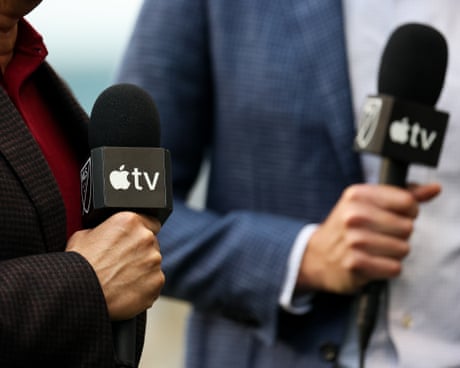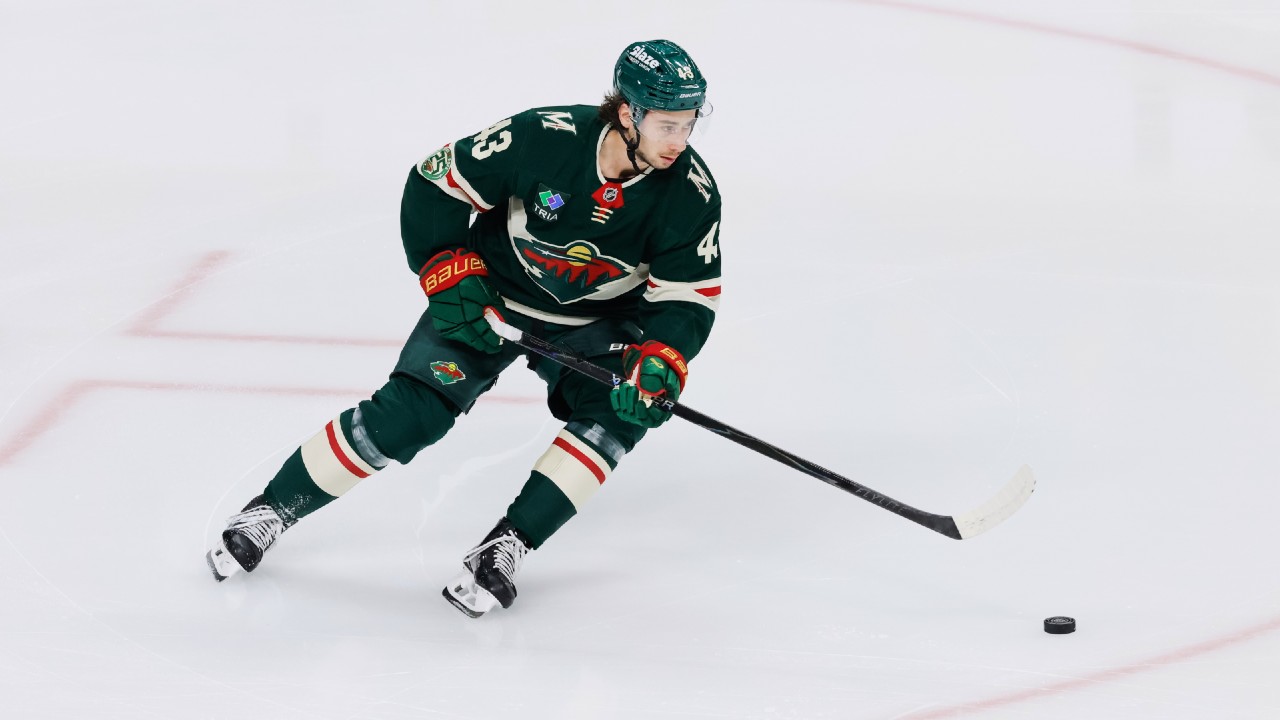
In a league so often focused on immediate results, Toronto Raptors vice-chairman and president Masai Ujiri is playing the long game.
Perhaps it’s out of necessity. The Raptors, after saying goodbye to franchise icon Kyle Lowry, are a team in transition, leaving the days of their 2019 championship squarely behind them and heading somewhere new.
As Ujiri sees it, that new place could be remarkable, too — and will be reached by building from within, not copying the super team formula.
“We’re going to create our own direction, we don’t have to go with the wave of what the NBA is doing — we’re such a copy-cat league,” Ujiri said on Wednesday in his first public comments since re-signing with Toronto. “We have to ride our own opportunities. For now, our opportunities are building around the young players that we have and letting them grow.”
The intention is unsurprising. Toronto’s homegrown core of young veterans is headlined by Pascal Siakam, Fred VanVleet and OG Anunoby, but was bolstered further last season by the emergence of Chris Boucher and the arrival of Malachi Flynn.
This summer, the Raptors deepened that talent pool even further, drafting Scottie Barnes fourth overall in the NBA Draft and acquiring Precious Achiuwa in the sign-and-trade deal that sent Lowry to the Miami Heat.
“All these guys we want to develop in some kind of way and I think we have some sort of good history from doing that,” Ujiri said. “I said it when I sat here eight years ago, we are going to develop players and we’re going to build on that — and I’m saying it again. We’re going to continue to develop these players and we’re going to find a way to win a championship here based on the development of our players.”
Since joining the Raptors in 2013, though, Ujiri has never shied away from making his mark as a bold decision-maker with an ambitious vision for what the team could become.
One of his first moves on the job was trading away Andrea Bargnani, the franchise’s only first-overall pick, to the New York Knicks, signalling Toronto’s foundation would be built upon a core of Kyle Lowry and DeMar DeRozan.
As time wore on, that vision meant dealing away DeRozan, a beloved, homegrown star, for an all-world-level talent in Kawhi Leonard.
“Whatever comes from [the development of our players], sometimes trades, sometimes you acquire through free agency, we’re just not going to sit here and cry that players are not coming here,” Ujiri said. “That’s not what we’re about. I think we’ve gone past that.”
The focus, for now at least however, remains on building from within.
Development isn’t linear. Timelines predicated on growth instead of win-now changes are hard to predict. Ujiri, though, is content to give the Raptors time to forge their own destinies.
“We’re going to give them that opportunity to grow,” Ujiri said. “There’s going to be super teams and super-super teams, and there’s going to be three superstars on one team and maybe you might get as many as 10 one day. We’re not taking that route — at least not for now.
“Our route is to grow our young players… That’s the route we’re going to take. Sometimes it might be slow, sometimes it might be painful — you saw, you watched the Summer League. Some of it was exciting to watch and some of it was painful to watch. That’s the growth of the game. That’s what we want to feel as an organization. And I know that’s what the fans, too, really appreciate seeing.”




